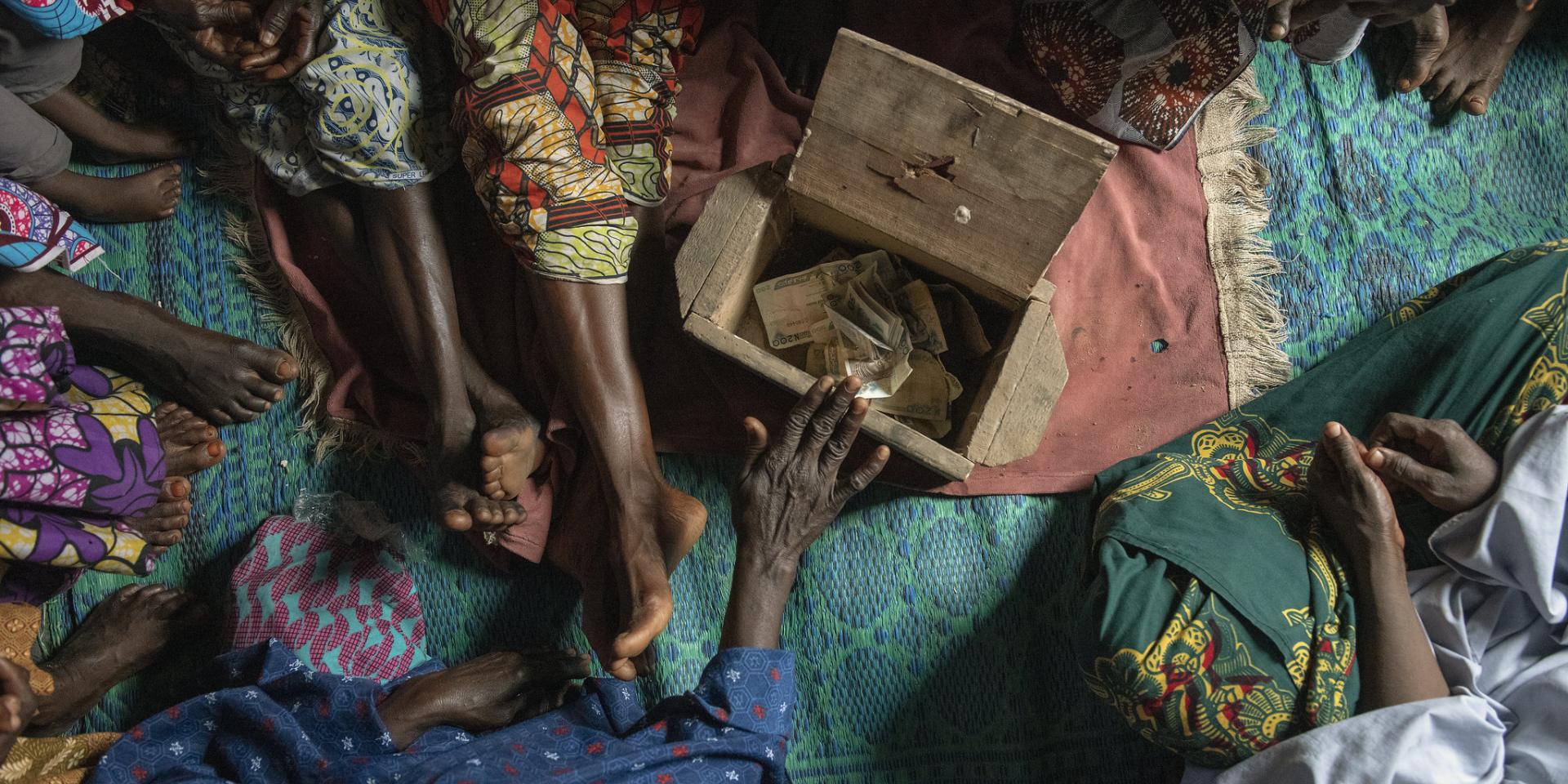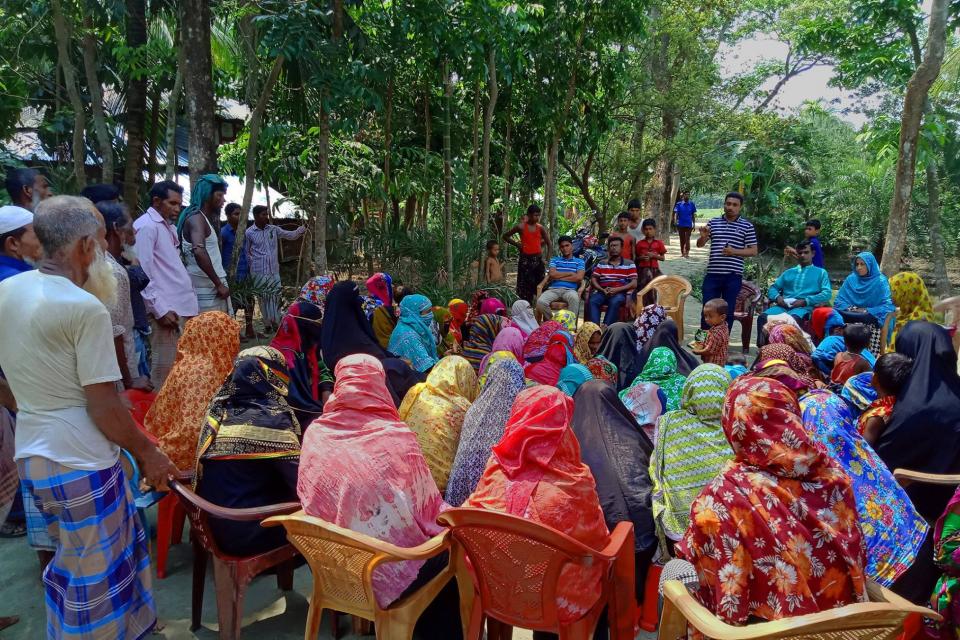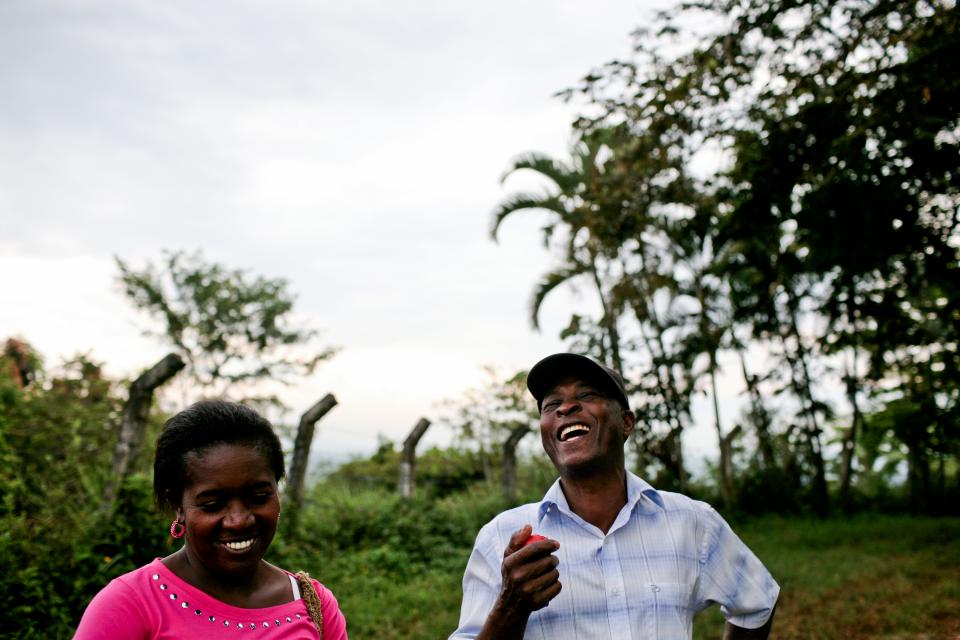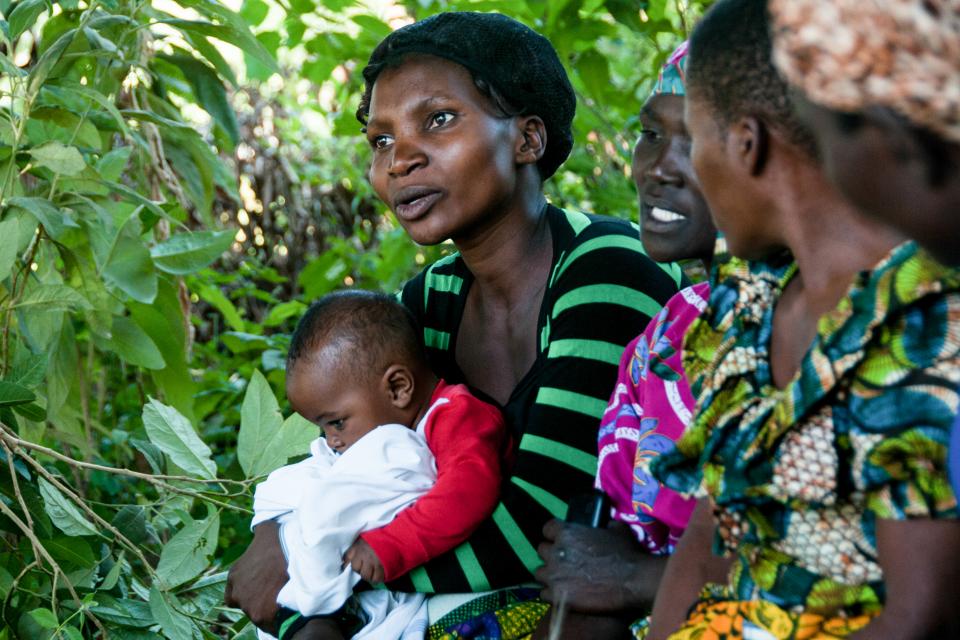Reach-Benefit-Empower-Transform (RBET) Framework

A framework for understanding whether and to which extent agricultural development projects contribute to women's empowerment.
Why is this framework important?
Women’s empowerment is the goal of many development projects, but these intentions do not always achieve the desired results. Whether for research, policy-making or program development, the Reach-Benefit-Empower-Transform framework provides a way to better approach these development objectives, with an eye toward appropriately using indicators, determining goals and measuring impact.
Reach, benefit, empower or transform? How to make sure your project is on the right track.
Agricultural development projects with a focus on women’s empowerment differ importantly in their objectives, activities and methods for measuring their impact. More importantly, there is little evidence on how and to what extent agricultural development projects can contribute to women’s empowerment. What activities contribute to women’s empowerment, through what mechanisms and in which contexts are some questions in need of answers.
Who is the framework for?
Planners and implementers of agricultural development projects or other initiatives setting out to improve women's empowerment.
How can I use this framework?
The Reach-Benefit-Empower-Transform (RBET) framework helps clarify project objectives by asking researchers to distinguish between approaches that reach women participants, such as by including them in program activities; those that benefit women, by improving their circumstances in some way; those that empower women, by strengthening their ability to make and put into action strategic life choices; and those that transform gender relations within and outside the household, such as by changing attitudes at the community level.
When and how was it developed?
The RBE framework was developed by the International Food Policy Research Institute (IFPRI) and the CGIAR Research Program on Fish Agri-Food Systems further developed it to include “transform”.
Where can I learn more?
IFPRI researchers have drafted a strategic brief that applies this framework to addressing equity in agriculture, nutrition and health. Further, the researchers published a book chapter to extend the application of the framework from projects to policy.


